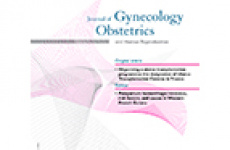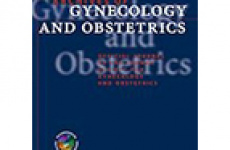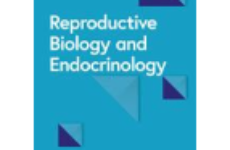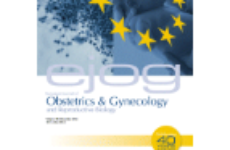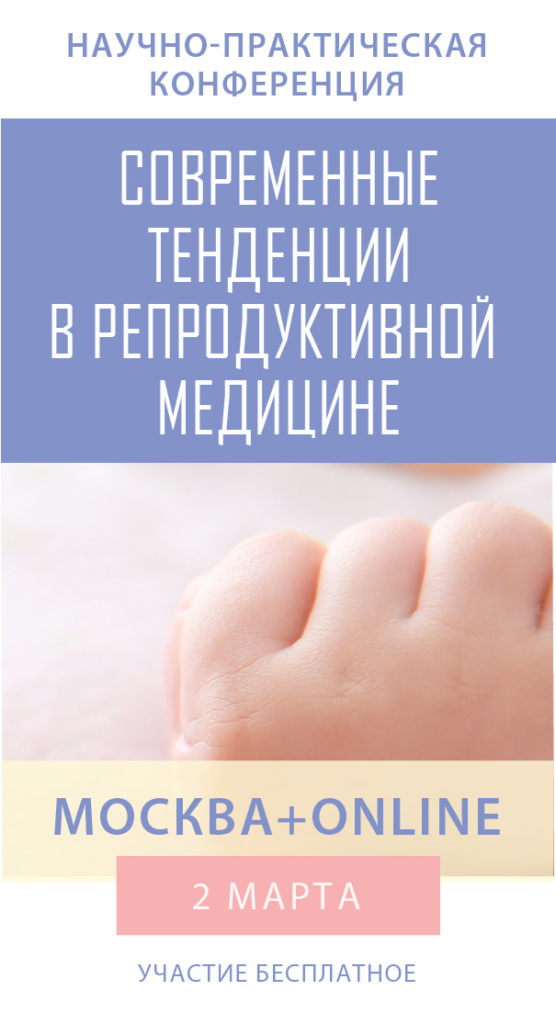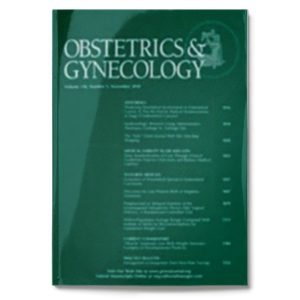
Objective
To identify women, on the basis of clinical history and serum anti-Müllerian hormone (AMH) levels, who are at risk of premature ovarian insufficiency and thereby guide appropriate early referral for egg freezing.
Methods
In a retrospective study, data were reviewed from women attending two fertility clinics in Dublin, Ireland, between August 2011 and December 2012. Case histories of women aged 35 years or younger were assessed to identify risk factors for reduced ovarian reserve, including endometriosis, ovarian surgery, and family history of premature ovarian failure (POF).
Results
Among 490 women aged 35 years or younger, 195 (39.7%) had an AMH level below 10 pmol/L, 94 (19.2%) had an AMH below 5 pmol/L, and 21 (4.3%) had an AMH below 1 pmol/L. Among 104 women aged 30 years or younger, the respective numbers were 28 (26.9%), 15 (14.4%), and 9 (8.7%). Among the 490 women, significantly lower AMH levels were observed for those with endometriosis (P=0.017) and a family history of POF (P=0.006). However, 53 (56.4%) of 94 women aged 35 years or younger with low AMH levels had no clinical risk factors.
Conclusion
Universal AMH screening should be considered for all women in their 30s who are not ready to try to conceive; clinical risk factors will only identify approximately 50% of women at risk of low ovarian reserve.
Fiona Martyn, Yvonne M. O’Brien, Mary Wingfield
Int J Gynaecol Obstet. 2017 Jul;138(1):37-41



